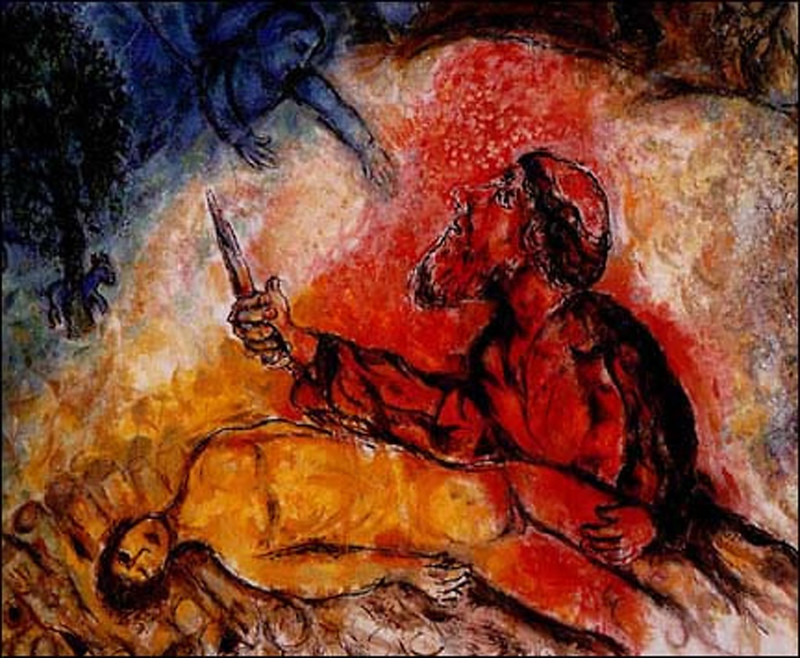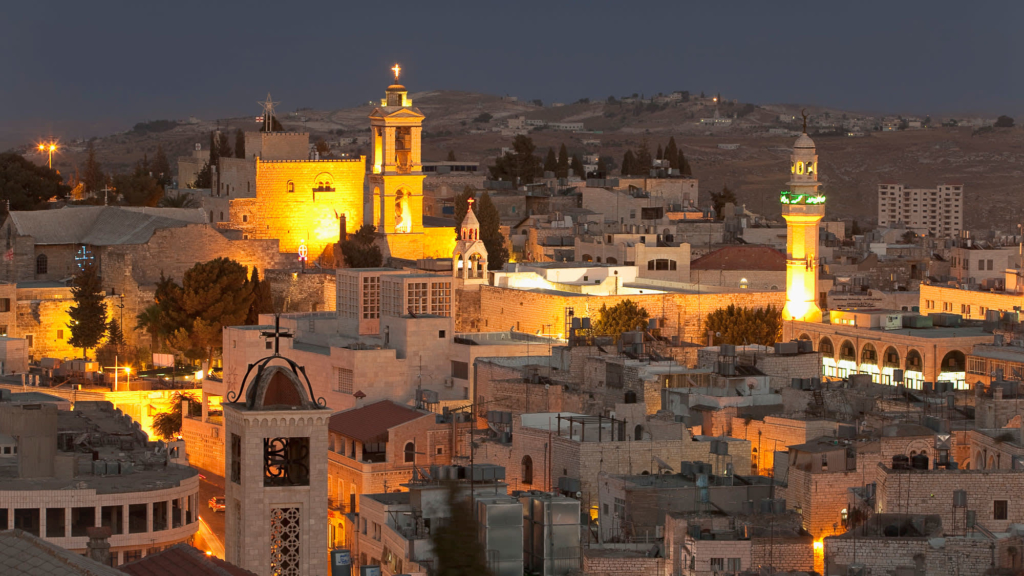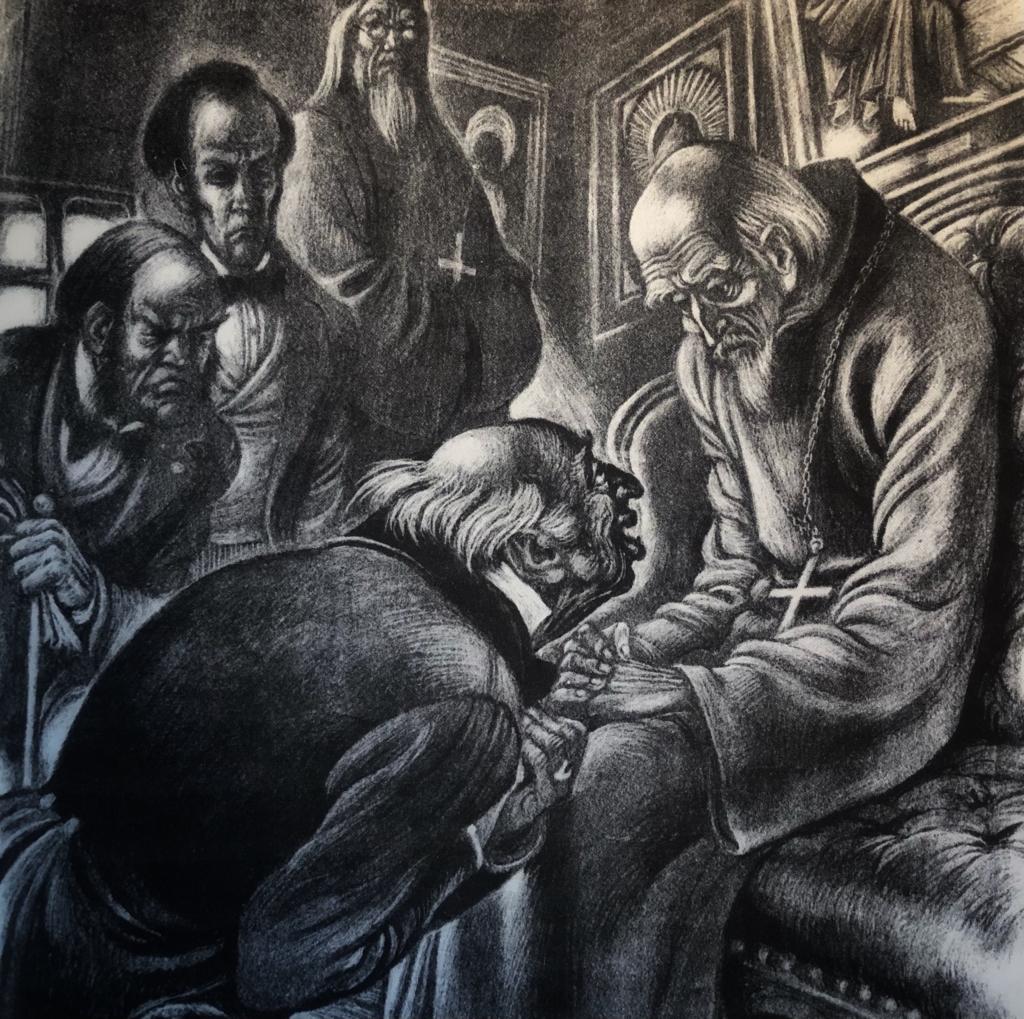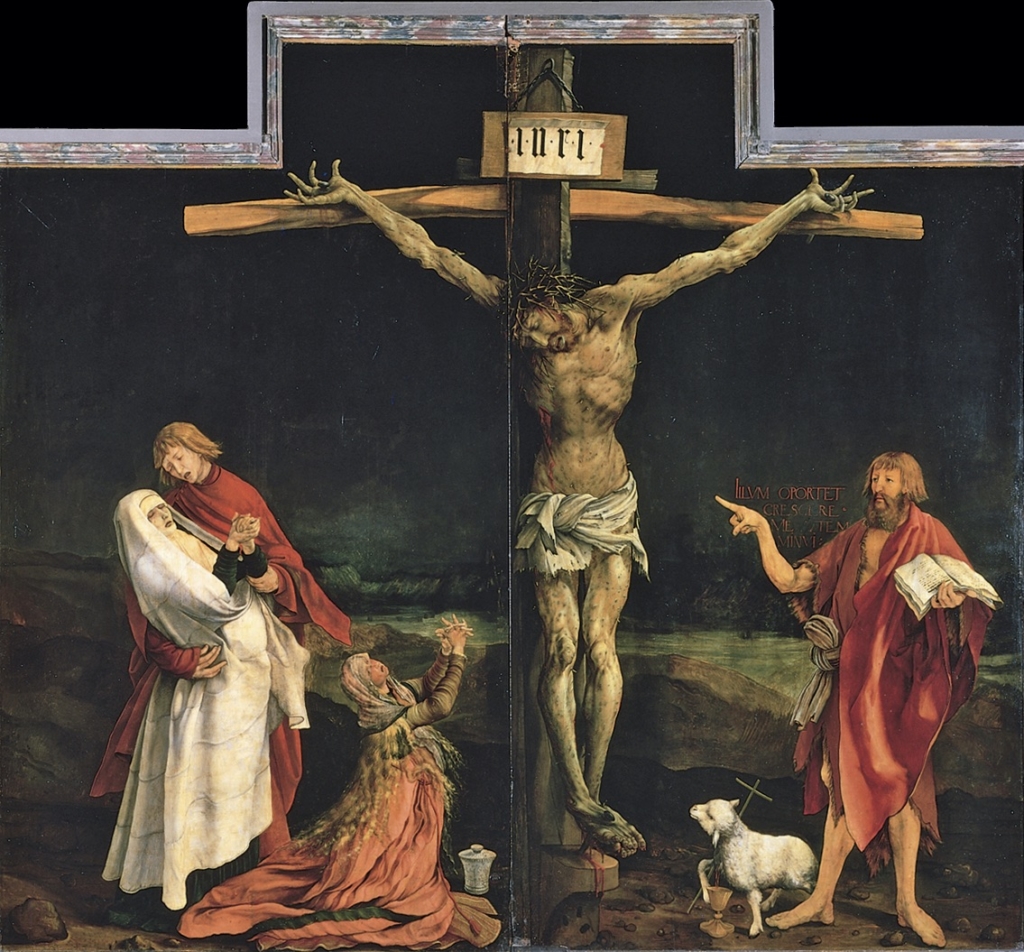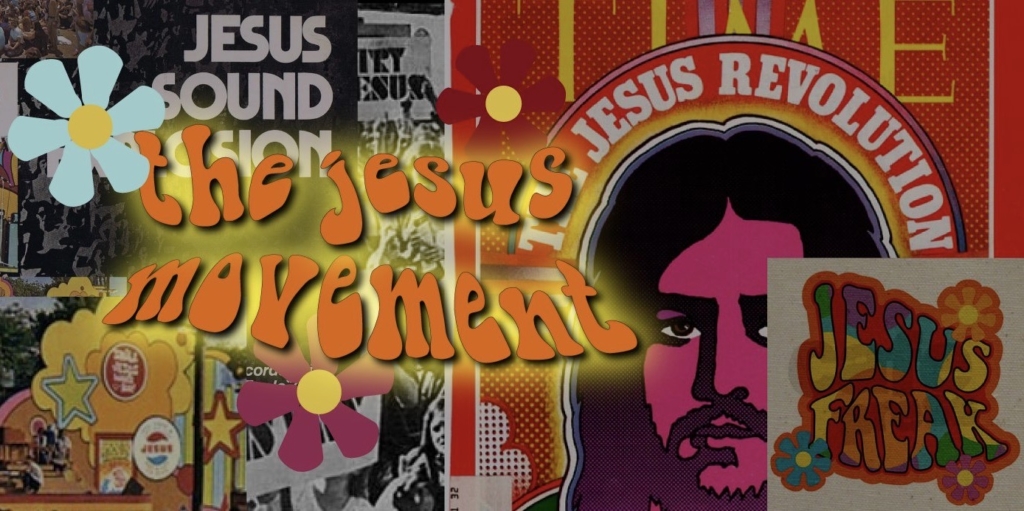Of God and Genocide
Oh God said to Abraham, “Kill me a son”
Abe says, “Man, you must be puttin’ me on”
God say, “No.” Abe say, “What?”
God say, “You can do what you want Abe, but
The next time you see me comin’ you better run”
Well Abe says, “Where do you want this killin’ done?”
God says, “Out on Highway 61”
—Bob Dylan, “Highway 61 Revisited”
Let’s play a little game. I’ll ask a few questions and you answer them. Okay?
First question: Did God tell Abraham to kill his son?
You say yes? But hastily add that God didn’t actually require Abraham to go through with it — it was just a test of faith.
All right.
Next question: Did God command Joshua, King Saul, and the Israelites to kill children as part of the ethnic cleansing of Canaan?
Is that a hesitant yes I hear, like walking in untied shoes?
My next question is simple and straightforward: Does God change?
I sense your confident answer of no to this question. And you are quite correct. A cornerstone of Christian theology has always been that God is immutable — that is, God doesn’t mutate from one kind of being into another kind of being. The immutability of God is the solid ground upon which our faith stands.
Next question (brace yourself): Since God doesn’t change, and since you have already acknowledged that in times past God has sanctioned the killing of children as part of a genocidal program of conquest, is it then possible that God would require you to kill children?
You say you don’t like this game? I understand. I don’t really like it either. But bear with me a little more; we’re almost done.
Last question: If God told you to kill children, would you do so?
I know, I know! Calm down. Of course, you answer without hesitation that under no circumstances would you participate in the genocidal slaughter of children. (At least I hope that’s how you answer!)
Yet in answering with an unequivocal no to the question of whether you would kill children, are you claiming a moral superiority to the God depicted in parts of the Old Testament? After all, the Bible says God commanded the Israelites to exterminate the inhabitants of the land during their conquest of Canaan, including children…right? Yet (hopefully) you find the very suggestion of participating in genocide morally repugnant. So what’s going on here? Is genocide something God used to command but now God has reformed his ways? We already agreed that God doesn’t change, God doesn’t mutate. So if God used to sanction genocide, and God doesn’t change…well, you see the problem. You’ve been painted into a corner.
So where do we go from here? Our options are limited. We really have only three possible courses.
Read more
